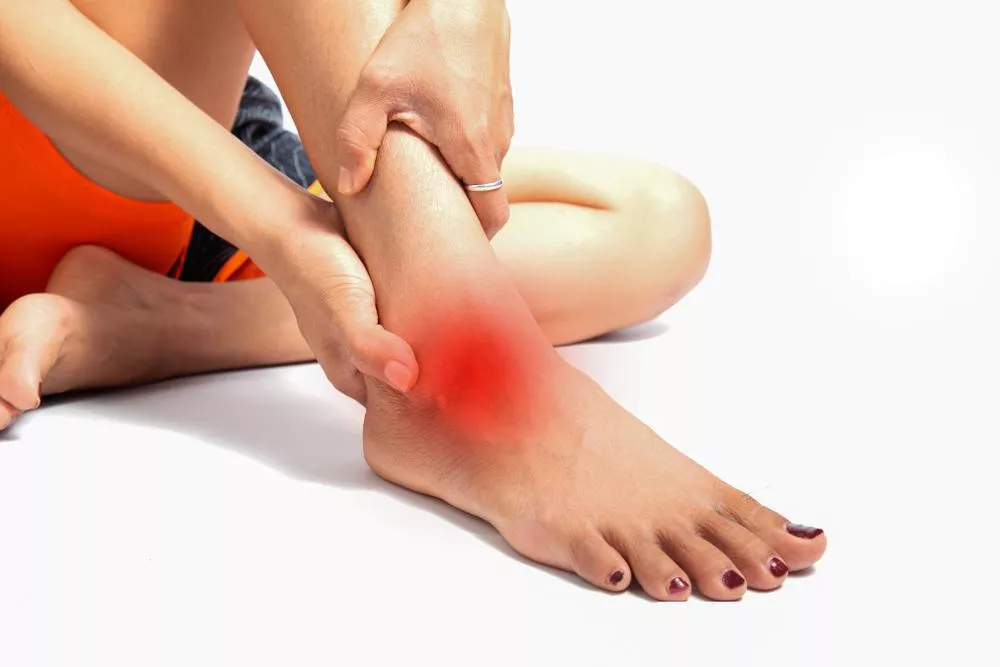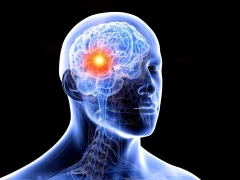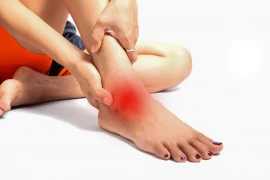
What is Peripheral Neuropathy? What are the Symptoms and Treatment Methods?
- What is Peripheral Neuropathy? What are the Symptoms and Treatment Methods?
- What is Peripheral Neuropathy?
- What Are the Symptoms of Peripheral Neuropathy?
- What are Peripheral Neuropathy Treatment Methods?
Peripheral neuropathy occurs when nerves are damaged. Numbness, weakness, and pain occur in the hands and feet. The peripheral nervous system receives information from the brain from our central nervous system and sends it to other parts of the body. Peripheral neuropathy can be affected by traumatic injuries, infections, metabolic problems, and hereditary causes. The most common cause is high blood sugar. Those with peripheral neuropathy experience stabbing, burning, or tingling pain.
What is Peripheral Neuropathy?
In peripheral neuropathy, which causes weakness, numbness and pain in the hands and feet, nerves outside the brain and spinal cord are affected. It can be caused by traumatic injuries, infections, metabolic problems, hereditary causes, and exposure to toxins. Causes of peripheral neuropathy; autoimmune diseases, diabetes, infections, hereditary disorders, tumors, bone marrow disorders, alcoholism, trauma and vitamin deficiencies. Many diseases predispose to peripheral neuropathy. Conditions such as traumatic injuries, thiamine deficiency, pyridoxine deficiency, kidney failure, lead-arsenic poisoning, inflammatory neuropathies, hereditary diseases trigger peripheral neuropathy. It can also damage autonomic nerves. Autonomic nerves are responsible for regulating the activities of internal organs. As a result of damage to the autonomic nerves, the activities of the internal organs are disturbed. As a result of this situation, some discomforts such as decreased bowel movements, slowdowns in the digestive system, followed by constipation, bladder problems, sensitivity to heat and low blood pressure may occur.
What Are the Symptoms of Peripheral Neuropathy?
Nerves in the peripheral system have various functions. Symptoms vary according to the functioning of these nerves;
- Nerves that sense sensations such as temperature, pain, vibration and touch from the skin,
- Motor nerves that control muscle movements
- Decrease in blood pressure,
- Irregularities in heartbeat,
- Nerves that control the bladder and digestive system.
- Symptoms;
- Tingling in the feet and hands, radiating upwards in the legs and arms
- Extreme sensitivity to touch,
- Coordination disorder,
- Muscle weakness or paralysis,
- Heat intolerance and altered sweating
- Bowel, bladder or digestive problems
- Dizziness,
- Sharp, nagging, throbbing or burning pain
What are Peripheral Neuropathy Treatment Methods?
Diagnosis can be made with an examination that includes blood tests and a physical examination. The most important method for diagnosis is physical examination. For complaints such as numbness, burning, stinging, weakness, and fatigue, their presence and severity are determined by physical examination. Medical history, lifestyle, family history of nervous system is investigated. In the neurological examination, tendon reflexes, muscle strength and tone are examined. Herniated discs and tumors are examined with imaging techniques. The aim of treatment is to correct the conditions that cause neuropathy and to reduce the symptoms.
- Pain relievers especially non-steroidal anti-inflammatories are used to relieve symptoms.
- Anti-seizure medications are used to reduce nerve pain.
- Opioids such as tramadol or oxycodone can be addictive so they are used when other treatments have not worked.
- Blood sugar control is provided in neuropathy caused by diabetes. If there is a vitamin deficiency, the vitamin deficiency is corrected.
- In addition to drug treatments, alternative treatment methods such as acupuncture, herbs, alpha-lipoic acid, amino acids are also used.





